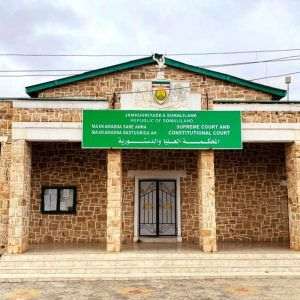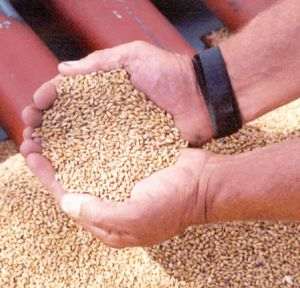Climate change and the lack of vegetation are suffocating major cities. There are urban areas where concrete has taken over all available space. The "Between Neighbors" Association is urging authorities to create a working group for expanding green spaces in cities across Romania. The association members argue that the lack of quality green space in neighborhoods affects the daily health of millions of Romanians (21,000 premature deaths each year). Moreover, Bucharest is one of the European cities with the least green space per capita, and it has the highest social costs caused by air pollution in the EU - over 6 billion euros annually. The "Between Neighbors" Association, a project supporting the creation of sustainable communities within apartment buildings, has sent an open letter to the Prime Minister of Romania, Marcel Ciolacu, and the President of the Chamber of Deputies, Alfred-Robert Simonis, requesting the creation of an interdisciplinary and intersectoral working group to develop a credible strategy and action plan for expanding green spaces in cities. The need for more parks and green spaces at the national level is consistently emphasized by new research confirming the mental and physical health benefits of outdoor recreation. Green spaces also significantly contribute to combating climate change by addressing the urban heat island effect, air, soil, and water pollution, increasing biodiversity, and providing protection against extreme weather events. The letter states, "Romanians need, want, and deserve more green space. Green spaces are essential not only in the effort to mitigate and adapt to climate change but also in ensuring the quality of life in urban environments. To increase the number of quality green spaces in cities, in residential areas and beyond, we request the creation of an interdisciplinary and intersectoral government-level working group, with representatives from local administrations, NGOs, the private sector, academia, local and international experts, to create a credible strategy and action plan to achieve a minimum of 26 square meters of quality green space per capita in localities, as regulated by Government Emergency Ordinance no. 114/17.10.2007."
The "Between Neighbors" Association proposes four working sub-themes: 1. Available Green Space; 2. Green Space Quality; 3. Green Space Funding; 4. Responsibilities for Creating New Green Spaces, Developing and Maintaining Existing Ones.
In addition, the open letter to the authorities includes 12 recommendations: "1. Establishing or updating and operationalizing the Green Space Registry by local authorities to objectively assess the green space per capita and their locations, significantly contributing to the protection of existing green spaces and their development. 2. Creating new accessible green spaces near apartment buildings, including financing the increase in the number of quality green spaces in schools and university campuses and opening them to the public outside of school hours. 3. Acquiring or leasing new land for the purpose of becoming green spaces. 4. Developing mandatory and recommended minimum quality standards for green spaces to encourage native plants that positively contribute to soil quality by ensuring a variety of species and encouraging biodiversity (flora and fauna). 5. Creating, in partnership with the academic community, civil society, and the private sector, guidelines with recommendations for the establishment and maintenance of green spaces. 6. Discouraging excessive concrete/asphalt use, promoting circularity through recycling, urban agriculture, and permaculture. 7. Developing an estimated budget to meet national provisions that require a minimum of 26 square meters of green space per capita in localities. 8. Creating the legislative framework for establishing a fund at the municipal level by taxing all new buildings to purchase and/or lease new public spaces for the purpose of becoming quality green spaces in proximity. 9. Establishing funding programs at the level of the National Environmental Fund for property associations, non-governmental organizations, and economic operators willing to contribute to the increase in the number of quality green spaces. 10. Creating a working group in partnership with experts from the public or private sector, educational institutions, civil society, or international institutions. 11. Encouraging public-private partnerships by clarifying the local authorization process for increasing green space in public areas, particularly apartment building gardens, by residents, with the support of non-governmental organizations and economic operators, through approval of a landscaping project submitted by interested parties. 12. Clarifying the responsibilities among public authorities, local and central, regarding the creation, development, and maintenance of green spaces." "Between Neighbors" is a project that supports the creation of sustainable communities.



















































